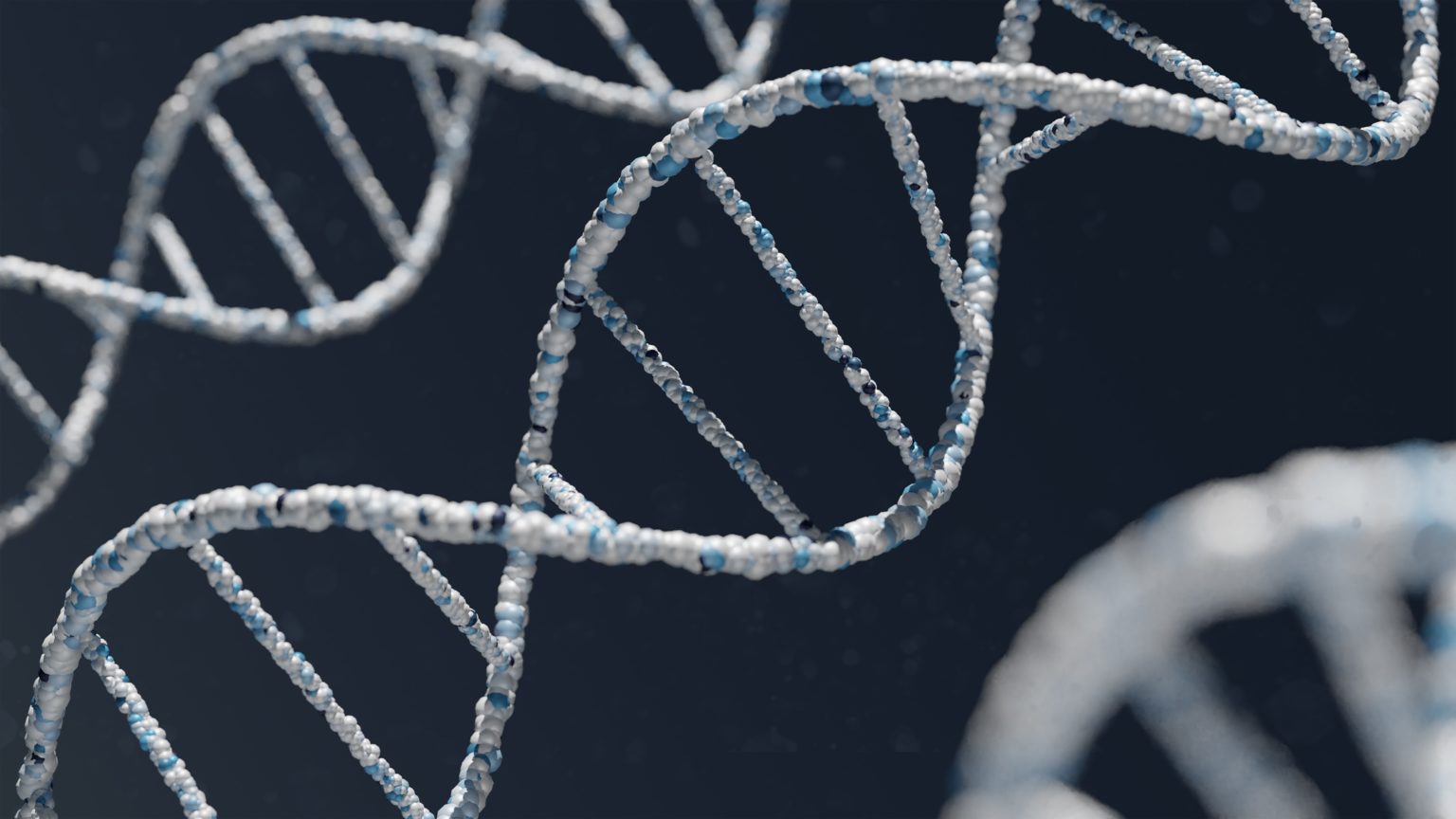School of Medicine
Doctor of Medicine
Admission to regular undergraduate courses is based on the Ethiopian Higher Education Entrance Certificate Examination (EHEECE) scores, the student’s preference, and the capacity of Departments/Schools/Centers. The basic admission criterion for the regular program is successful completion of the common freshman courses, subject to academic performance assessment.
Six for regular
Students must take and pass all the required modules to satisfy the requirements for graduation. Other requirements might be set by specific University graduation requirements, including; Having CGPA and MGPA of at least 2.0; The student should pass the comprehensive exam of the school (internal examination), both in theory & practice before graduation; The student should pass the comprehensive external examination administered by external examiners (MOH); If not able to pass both internal and/or external exam, she/he will be delayed for a minimum of 3 months and then shall sit for the re exam; Pass successfully and complete internship/professional practice program;
Program Details

Carrier Direction
Diagnose and provide nonsurgical treatment for a wide range of diseases and injuries of internal organ systems. Provide care mainly for adults and adolescents, and are based primarily in an outpatient care setting.
On the job, you would:
- Analyze records, reports, test results, or examination information to diagnose medical condition of patient.
- Treat internal disorders, such as hypertension, heart disease, diabetes, or problems of the lung, brain, kidney, or gastrointestinal tract.
- Prescribe or administer medication, therapy, and other specialized medical care to treat or prevent illness, disease, or injury.
Jobs directly related to your degree include:
- Anesthetist
- Cardiologist
- Clinical radiologist
- General practice doctor
- Hospital doctor
- Neurologist
- Ophthalmologist
- Pathologist
- Psychiatrist
- Surgeon
Jobs where your degree would be useful include:
- Adult nurse
- Children’s nurse
- Clinical scientist, genomics
- Epidemiologist
- Higher education lecturer
- International aid/development worker
- Medical sales representative
- Medical science liaison
- Mental health nurse
- Midwife
- Naturopath
- Paramedic
- Physician associate
- Research scientist (life sciences)
- Science writer
Courses
| Courses | Course ECTS |
|---|---|
| Communicative Skill | 5 |
| Basic Writing skills | 5 |
| Computer Application in Medicine | 5 |
| Medical Psychology | 5 |
| Medical Sociology and Anthropology | 5 |
| Civics and Ethics | 5 |
| Body structure, Organization and Functions – I | 6 |
| Body structure, Organization and Functions – II | 6 |
| Metabolic Homeostasis and Molecular Genetics | 8 |
| Basic concepts of Disease and Therapy | 6 |
| Measurment of Health and Diseases | 10 |
| Blood and Immunity | 6 |
| Neoplasia and Molecular Basis of Cancer | 5 |
| Musculoskeletal, Integumentary and Craniofacial Regions | 10 |
| Cardioipulmonary System | 13 |
| Nutrition, Metabolic diseases and the GIT | 8 |
| Urinary system and Toxicology | 5 |
| Infectious Diseases | 6 |
| Determinents of Health and Disease and research Methodology | 6 |
| Endocrinology and Reproduction | 13 |
| Neurosciences and Behavior | 10 |
| Clinical Methods | 4 |
| Medical ethics and law I | 4 |
| Internal Medicine I | 14 |
| Surgery I | 14 |
| Obstetrics and Gynecology I | 14 |
| Paediatrics and Child Health I | 14 |
| Health Promotion and Disease Prevention | 5 |
| Health Management and Policy | 3 |
| Otorhinolaryngology (ENT) | 4 |
| Ophthalmology | 4 |
| Dentistry | 4 |
| Dermatology | 4 |
| Introduction to Gender | 2 |
| Paediatrics and Child Health II | 8 |
| Obstetrics and Gynecology II | 8 |
| Diagnostic Radiology | 4 |
| Medical Ethics and Law II | 4 |
| Rural community Health Practice | 8 |
| Internal Medicine II | 8.5 |
| Surgery II | 8.5 |
| Psychiatry | 8.5 |
| Emergency Medicine | 8.5 |

